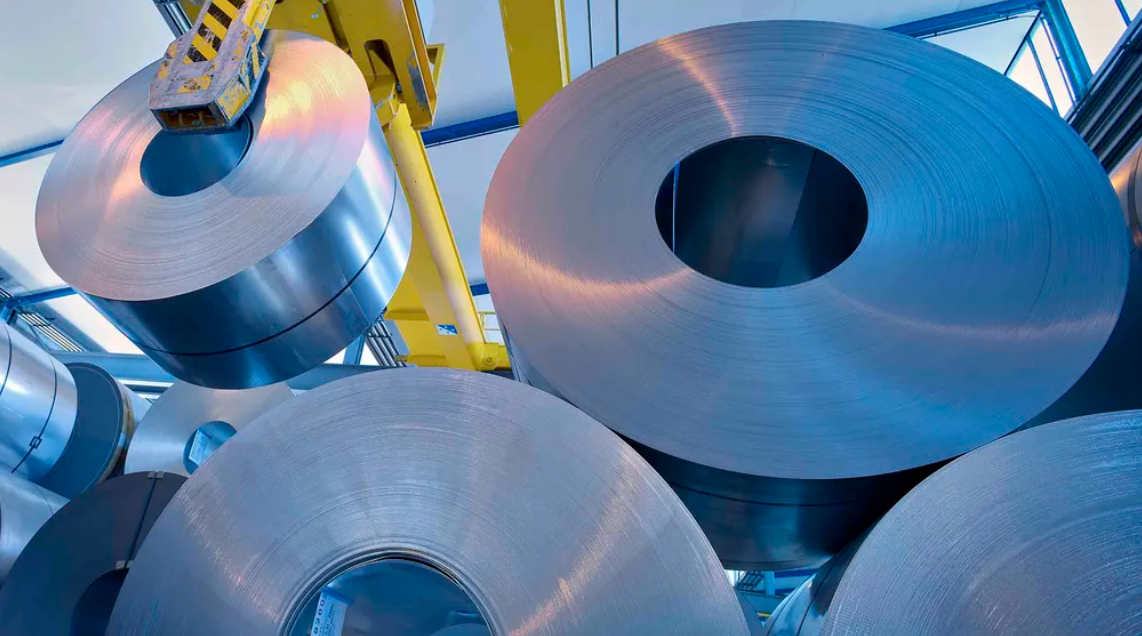When it comes to investment opportunities, many people immediately think of stocks and bonds. However, there’s a lesser-known but equally important asset class that deserves attention: commodities. Investing in commodities, which encompass tangible goods like gold, oil, and agricultural products, offers a unique set of benefits that can diversify your investment portfolio and provide a hedge against various economic conditions. In this article, we’ll explore the reasons why you should consider commodities as a valuable addition to your investment strategy.
- Portfolio Diversification
Diversifying your investment portfolio is a fundamental principle of risk management. Commodities can play a pivotal role in achieving diversification. Unlike stocks and bonds, commodities exhibit low correlation with traditional asset classes. This means that when stocks or bonds may be underperforming, commodities can provide stability and balance. By incorporating commodities into your portfolio, you reduce your exposure to the volatility of financial markets.
- Inflation Hedge
Commodities have historically served as a reliable hedge against inflation. When the purchasing power of a currency erodes due to rising inflation, the prices of commodities often increase. This is especially evident with precious metals like gold and silver. Investors turn to these assets as a store of value when inflation threatens the value of their money. By holding commodities, you can protect your portfolio from the erosive effects of inflation.
- Tangible Assets
Unlike stocks or bonds, commodities are tangible assets. Whether it’s a barrel of oil, a bushel of wheat, or a gold coin, commodities are physical goods with intrinsic value. This tangibility provides a sense of security for investors. It’s a direct and concrete form of ownership that isn’t dependent on the performance of a company or government. For many, this physical aspect of commodities is appealing.
- Geopolitical and Supply-Demand Dynamics
Commodities are greatly influenced by geopolitical events and supply-demand dynamics. Natural disasters, political conflicts, and regulatory changes can disrupt supply chains, leading to fluctuations in commodity prices. The rise of emerging markets and shifts in global consumption patterns also impact commodity demand. Investors who monitor and understand these factors can make informed decisions to capitalize on price movements.
- Portfolio Risk Reduction
The addition of commodities can reduce overall portfolio risk. By investing in commodities, you’re diversifying your risk factors. While stocks and bonds are influenced by economic conditions and market sentiment, commodities are more influenced by real-world supply and demand. This means that a downturn in the stock market doesn’t necessarily correlate with a decline in the prices of commodities.
- Liquidity and Accessibility
Investing in commodities has never been more accessible. While in the past, it required physical ownership or complex futures contracts, there are now exchange-traded funds (ETFs) and mutual funds that track various commodities. These investment vehicles make it easy for individual investors to gain exposure to commodities without the need for storage or delivery of physical goods.
- Potential for Profit
Commodities offer the potential for profit. When you invest in commodities, you have the opportunity to benefit from price increases. For example, as global demand for energy rises, the price of oil may increase, resulting in gains for oil investors. Whether it’s through direct investment, commodity-focused funds, or futures contracts, there are various ways to profit from the commodity market.
- Asset Allocation and Risk Management
Commodities can be strategically used for asset allocation and risk management. Investors can customize their portfolios to reflect their risk tolerance and investment goals. Whether it’s increasing exposure to precious metals during economic uncertainty or diversifying into agricultural commodities for long-term stability, commodities provide flexibility in managing risk.
Commodities represent a dynamic and valuable addition to an investment portfolio. Their unique qualities, such as diversification benefits, inflation hedging, and the potential for profit, make them a worthwhile consideration for investors. As with any investment, it’s essential to research and understand the specific commodities you’re interested in, monitor market dynamics, and consider your risk tolerance. By including commodities in your investment strategy, you can bolster your portfolio’s resilience and capitalize on the diverse opportunities that this asset class offers.





